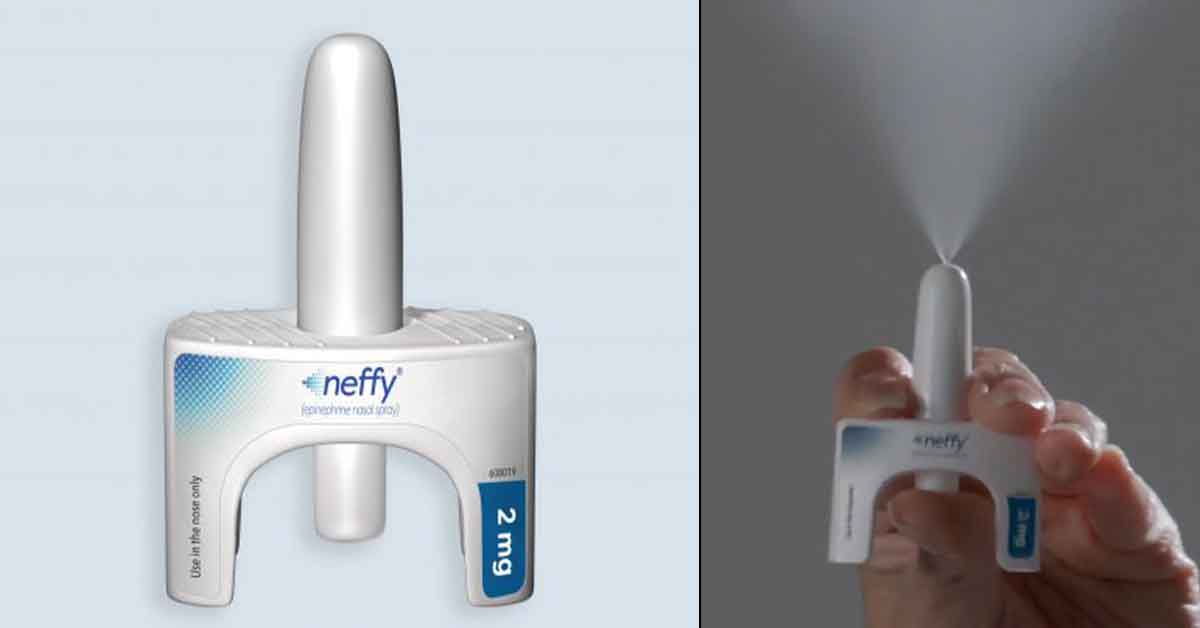In what can only be described as a bitter setback for the food allergy community, the US Food and Drug Administration (FDA) denied approval of neffy, the first needle-free emergency epinephrine alternative to traditional auto-injectors. Neffy delivers a dose of epinephrine via nasal spray versus a jab to the outer thigh from devices like EpiPen.
In a surprise decision, the FDA is requesting a repeat-dose study of the treatment versus an auto-injector before potential approval of the product, according to ARS Pharma, developer of neffy.
The denial was unexpected based on feedback from the FDA in May when independent experts working for the administration backed approval of the treatment.
The company voiced surprise at the decision and plans to appeal.
“Regulators look to be holding neffy to a much higher standard than comparable products,” said William Blair analyst Tim Lugo, adding regulatory risks look difficult to assess currently.
As testing on individuals suffering from anaphylaxis would be unethical, the company based their trials on healthy individuals and those with rhinitis (nasal congestion), showing the drug reached similar therapeutic levels to auto-injectors.
The lack of tests in people with anaphylaxis was one of the biggest concerns, said Dr James Tarbox, an allergist at Texas Tech University Health Sciences Center.
Viatris, the company formerly known as Mylan and marketer of EpiPen, petitioned the FDA in June, urging the administration to conduct more trials of the device. Viatris stands to lose significant market share if a needle-free alternative is approved.
ARS expects to re-submit their application in the first half of 2024, with a decision by the FDA likely in the second half.
In addition to neffy, other needle-free alternatives to epinephrine auto-injectors are currently in trials, including UTULY, another nasal spray being developed by Bryn Pharma, and Anaphylm, a small film that is placed under the tongue being developed by Aquestive Therapeutics.





